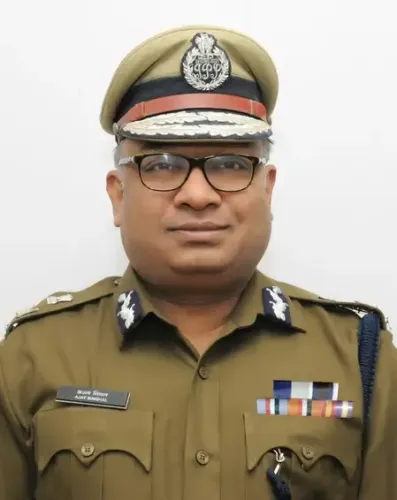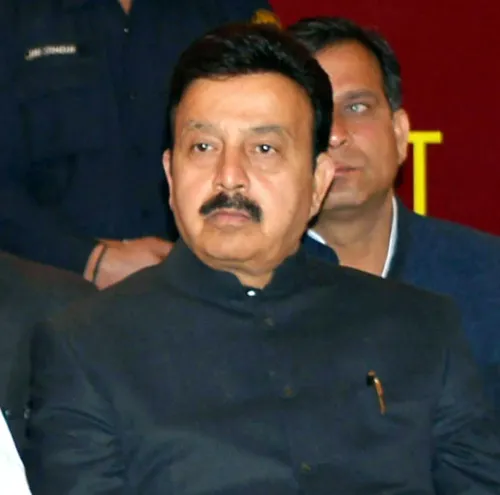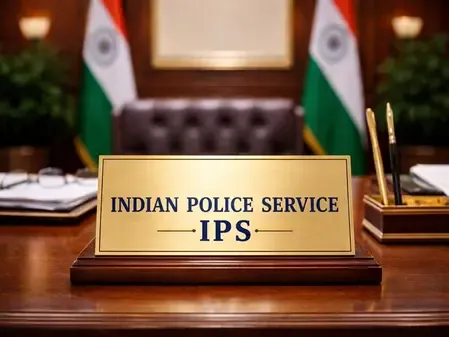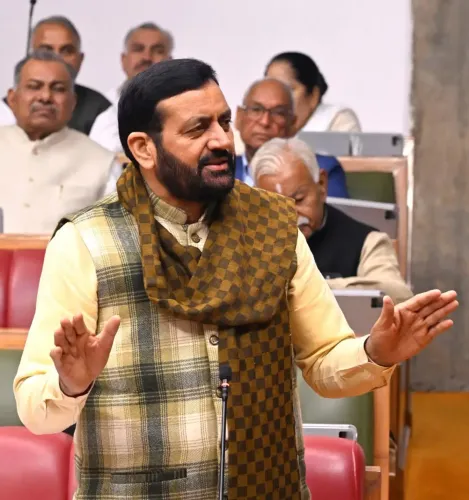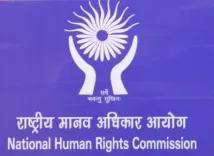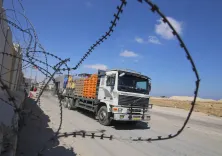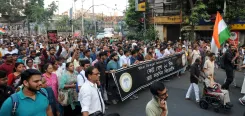Is It a Conflict Between India and Pakistan or India vs 'Terroristan'?
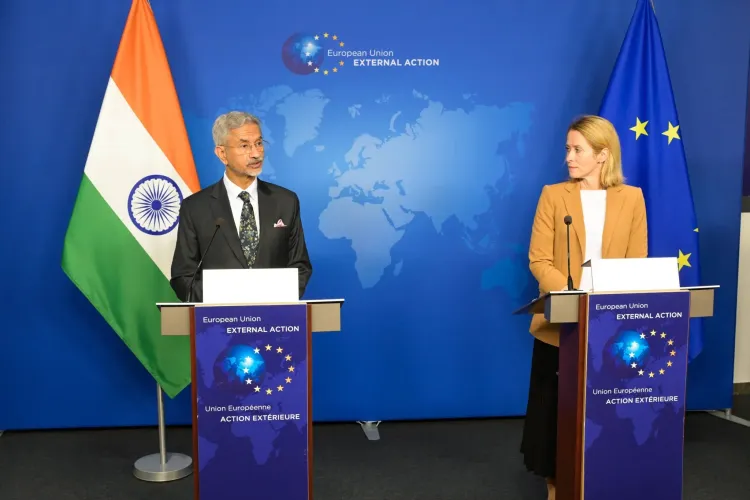
Synopsis
Key Takeaways
- India's commitment to combating terrorism.
- Emphasis on international cooperation against security threats.
- Shift in perspective from a bilateral conflict to a broader fight.
- Importance of the India-EU Free Trade Agreement.
- Recognition of evolving global dynamics.
Brussels, June 10 (NationPress) Emphasizing that India will not succumb to any form of nuclear coercion, External Affairs Minister (EAM) S. Jaishankar on Tuesday reiterated the nation's firm commitment to zero tolerance towards terrorism in all its manifestations.
"This situation should not be viewed merely as a conflict between two nations. It is fundamentally a reaction to the threats posed by terrorism. Therefore, I encourage you to see it not as India versus Pakistan, but as India confronting 'Terroristan'. This perspective will help you understand the situation better," Jaishankar stated during a joint press conference with the European Union High Representative and Vice-President of the European Commission, Kaja Kallas, in Brussels.
Stressing that terrorism is a collective challenge that transcends borders, the EAM highlighted the necessity for robust international collaboration and mutual understanding to tackle this issue.
Both Jaishankar and Kallas addressed the media following the inaugural strategic dialogue between India and the European Union, where they engaged in enriching discussions centered on defense and security, encompassing maritime, cyber, and space domains.
"Nuclear threats cannot yield benefits. This concern is mutual. Various actors worldwide are employing these tactics. In this dynamically evolving global landscape, we require more allies, and hence, we are striving to enhance our security and defense collaborations," Kallas remarked.
EAM Jaishankar pointed out that both parties shared insights on global order, incorporating the situation in Europe, the conflict in Ukraine, developments in the Middle East, and scenarios in the Indian subcontinent and the Indo-Pacific.
"My visit to Brussels occurs three months after the EU College of Commissioners visited India. Even then, it was clear that the global order was undergoing significant transformations. These trends have intensified in numerous ways. We have entered a period marked by multipolarity and strategic autonomy—two critical drivers for India and the EU to deepen their relations. Achieving this goal necessitates increased cooperation across various sectors," he noted.
"While there will be instances where our viewpoints may not fully align, which is natural, the key is to broaden our common ground and understanding while building trust," he added.
Jaishankar also conveyed India’s ambition to finalize the comprehensive India-EU Free Trade Agreement (FTA) by year-end.
"Stabilizing and mitigating risks in the global economy is a strategic priority for us today. This encompasses various facets, including creating more resilient and dependable supply chains, as well as enhancing trust and transparency in digital interactions. Strengthening economic and technological partnerships among key players is becoming increasingly valuable. With this in mind, we advocate for the conclusion of an ambitious and balanced India-EU FTA by the end of this year," the EAM concluded.


